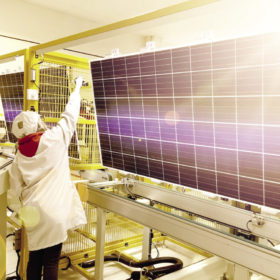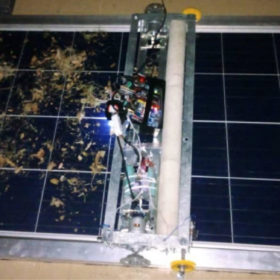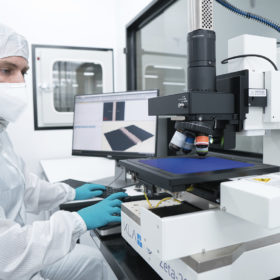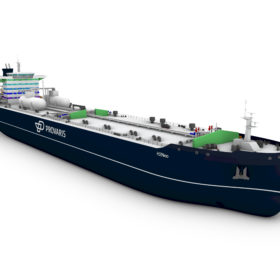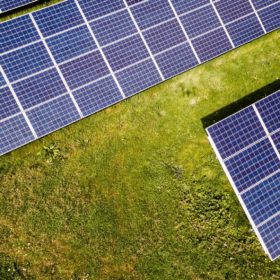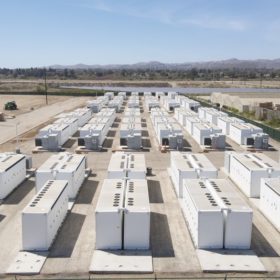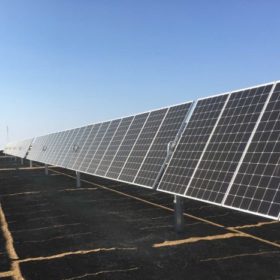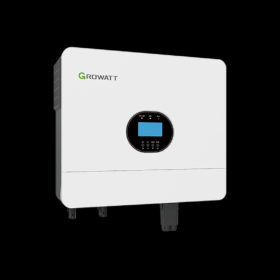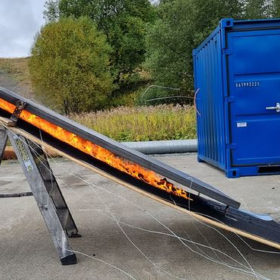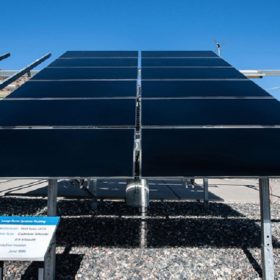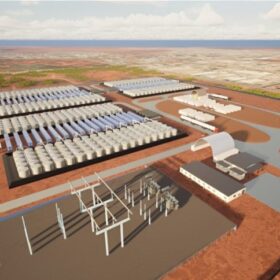Canadian Solar enters TOPCon solar module business
Chinese-Canadian PV manufacturing heavyweight Canadian Solar said it will begin mass production of 690 W TOPCon products in the first quarter of 2023. The modules will feature a cell efficiency of 25.0% and a bifaciality factor of more than 85%.
Colour-sensing tech to remove dirt from solar panels
Researchers in South African have developed a new cleaning system for solar panels that uses a colour-sensing light-to-frequency converter to detect dirt. It can reportedly remove about 95% of the dust from a PV panel in less than a minute, at a lower cost than other systems.
Weekend read: Plating up
A reduction of silver consumption in PV production is required on the way to terawatt scale. Given this, the time may have come for the commercialisation of new copper plating technologies – doing away with the need for silver in cell metallisation altogether. However, the history of plating technology is littered with cautionary tales.
Australian compressed H2 carrier ship approved by ABS
Perth-based Provaris Energy said it is moving forward with its compressed H2 carrier, while Princeton University researchers have published a study on how the transition to hydrogen-based energy systems would affect the tropospheric burdens of methane and hydrogen.
World to expand renewable energy capacity by 75% by 2027, says IEA
The International Energy Agency (IEA) says the world will deploy as much renewable energy in the next five years as it did over the last two decades.
Energy storage fire, explosion, and safety training manual released
IREC’s handbook contains energy storage installation codes, hardware standard, and lithium-ion risk mitigation tools.
Ranking the top 15 nations for solar energy capacity
Ranking the world’s largest producers of solar energy based on the BP Statistical Review of World Energy 2022.
Growatt unveils new inverters for residential off-grid PV systems
Growatt’s new 6 kW inverters have an efficiency rating of 93% and offer 12,000 VA of surge power, up to 500 V of input voltage, and 8 kW of PV input capacity.
PV system fires potentially exacerbated by gap between solar panels, rooftops
Norwegian researchers have published a new study showing that the space between solar panels and rooftop surfaces might play a critical role in contributing to PV system fires.
How clean energy technologies achieve commercial success
Analysts study lab-to-market pathways for clean energy technologies including a look at the development of First Solar’s cadmium-telluride thin film solar modules.
